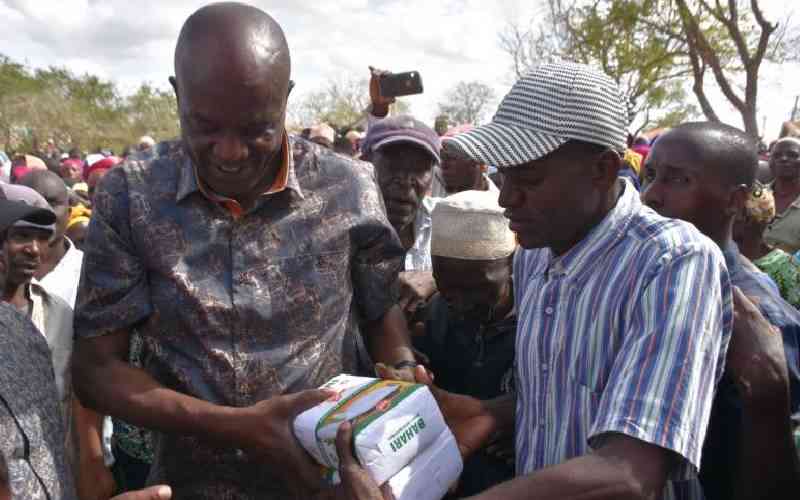
The 27th Conference of Parties (COP27) will take place in Sharm El Sheikh, Egypt, in November 2022 to discuss efforts to combat climate change and adapt to its effects. Conversations on mitigating the impact of climate change are urgent, and the meeting comes at a time Kenya is facing a severe drought. The Famine Early Systems Network indicates that more than four million Kenyans need food assistance. This is the worst drought in 40 years.
Drought has knock on effects. As communities move in search of water, food and pasture, there is resultant conflict with the host communities because the hosts too may not have enough resources for the migrant community. Children drop out of school because hungry children cannot learn.